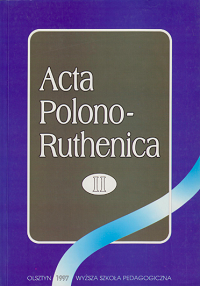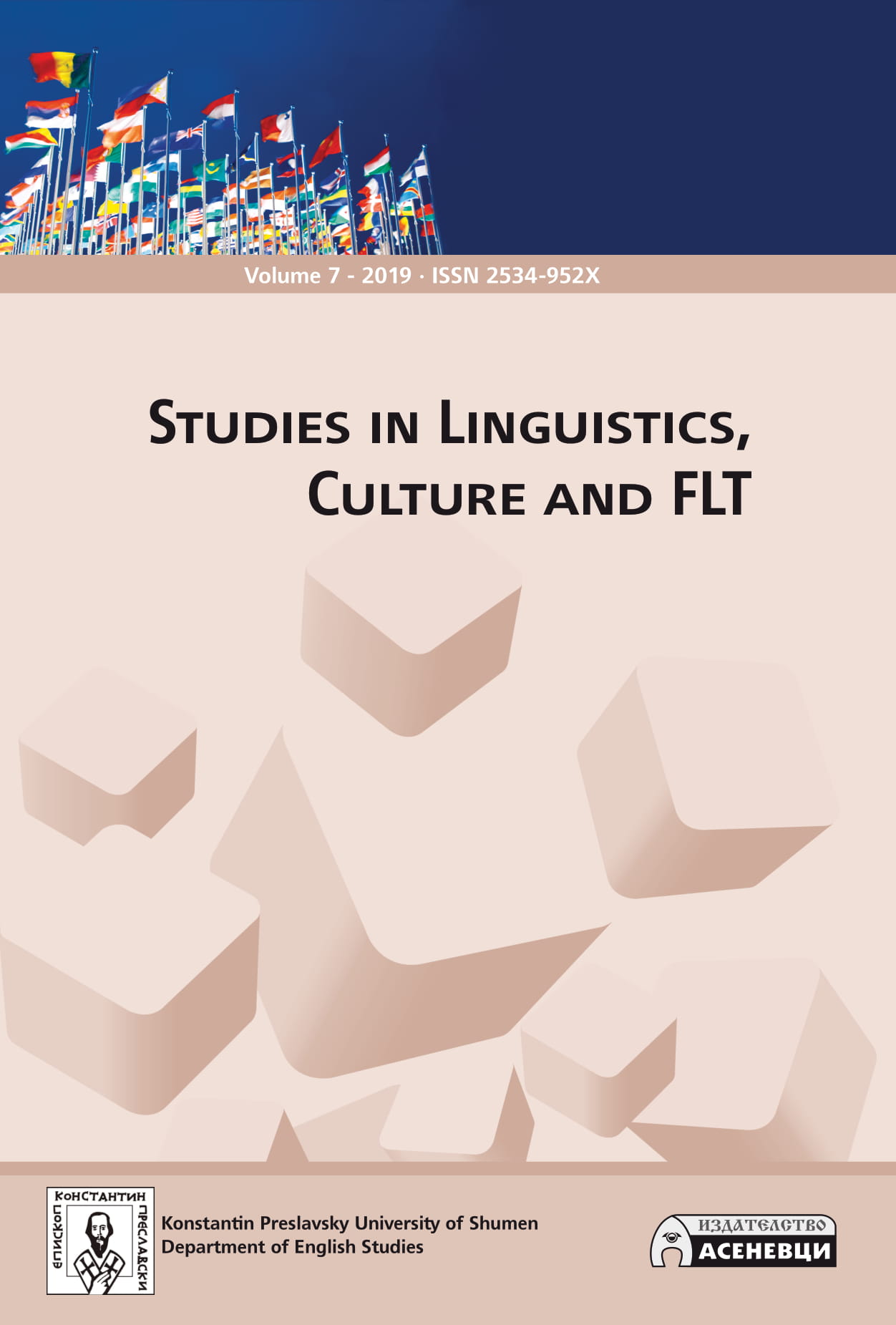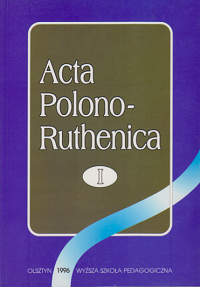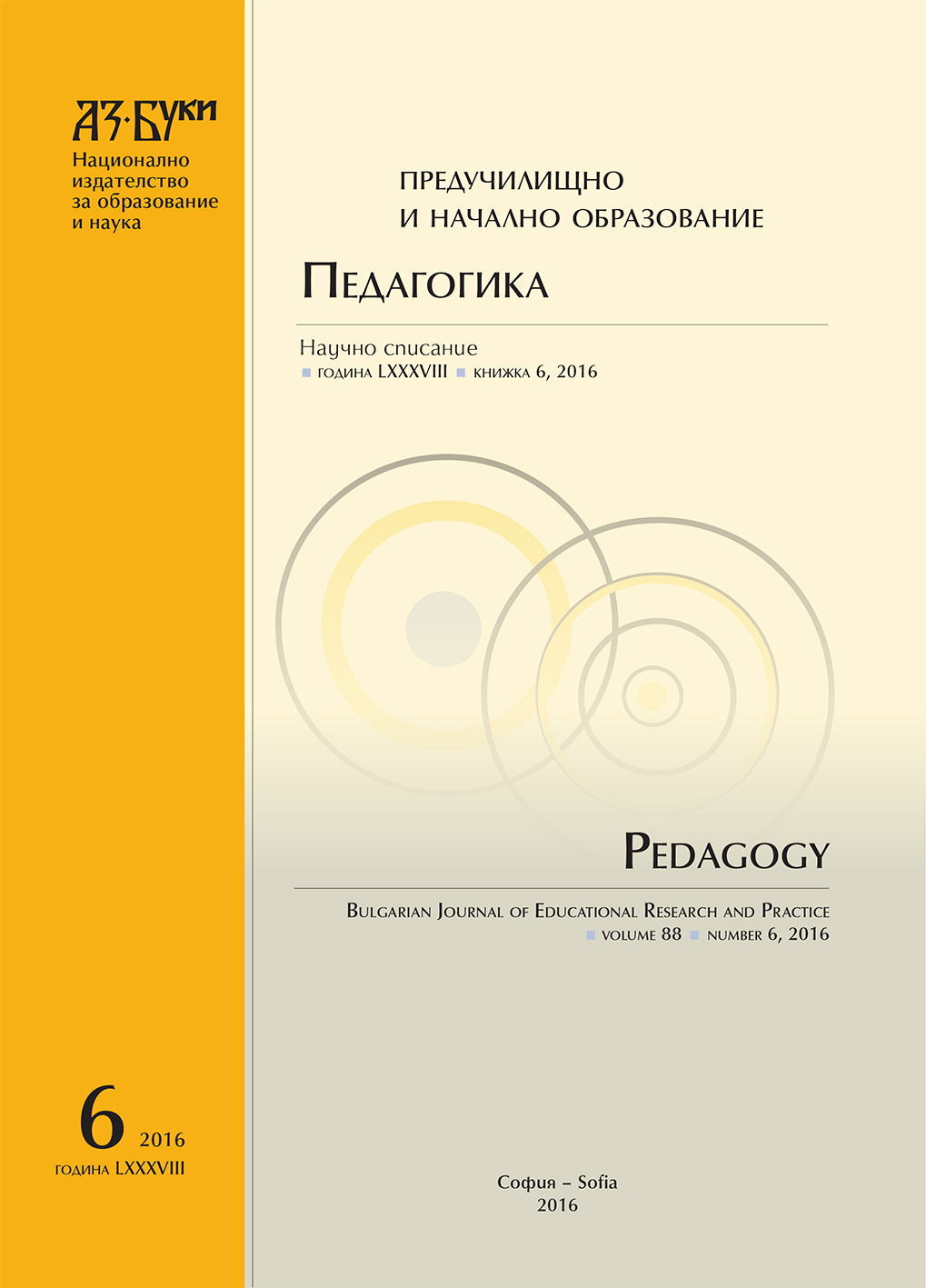
We kindly inform you that, as long as the subject affiliation of our 300.000+ articles is in progress, you might get unsufficient or no results on your third level or second level search. In this case, please broaden your search criteria.

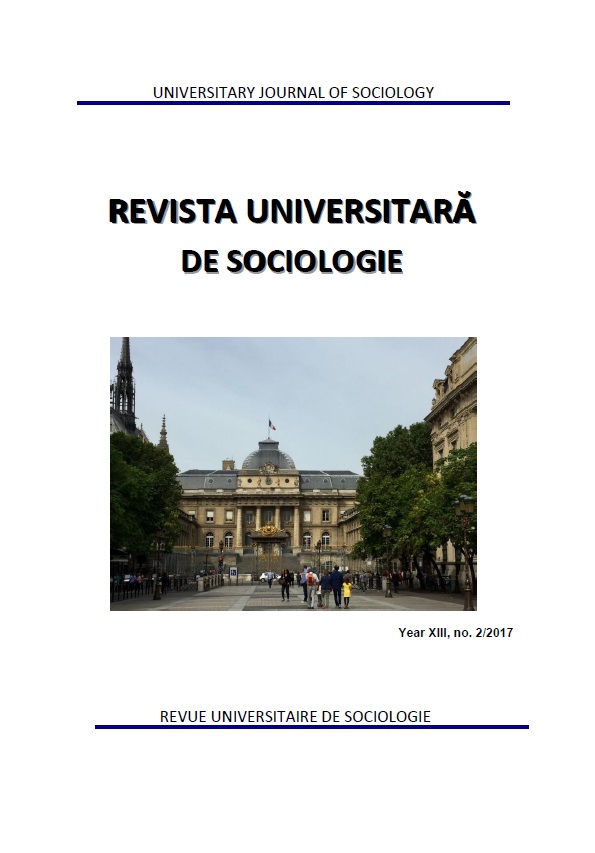
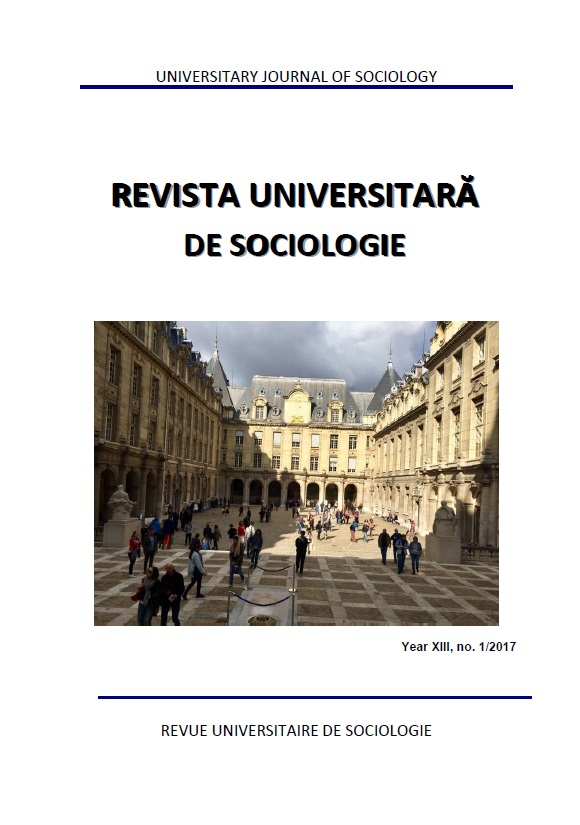
Self-portraits dominate the work of the artist Nikolay Ruschukliev. The text analyses the stages which the genre preferences characteristic for this artist go through in the context of the relationship between self-portrait and the concept of life’s meaning and changes in its content. It also traces how the artist manages to commit to his conscious choice permeating his whole existence to create self-portraits and his reasons for having the "meetings" with himself. It is an attempt to answer questions posed by the paradoxical inverse relationship between the size of the synthesised messages to the world in which the artist lives and his ability to give sincere and honest answers to simple questions addressed to and from his self. Addressed are the issues how the ideologically provoked thresholds in life after filtering are transformed into an act of defence of personal truth, and why that very "self-awareness" is the necessary prerequisite for the achievement of this truth. The idea sustained is that the self-portraits of Nicholay Ruschukliev may be the key to understanding its transformation into genuineness about the world ... whereas the viewer who has touched this world "sinks" in the reflection of their own emotions, feelings, desires and fears.
More...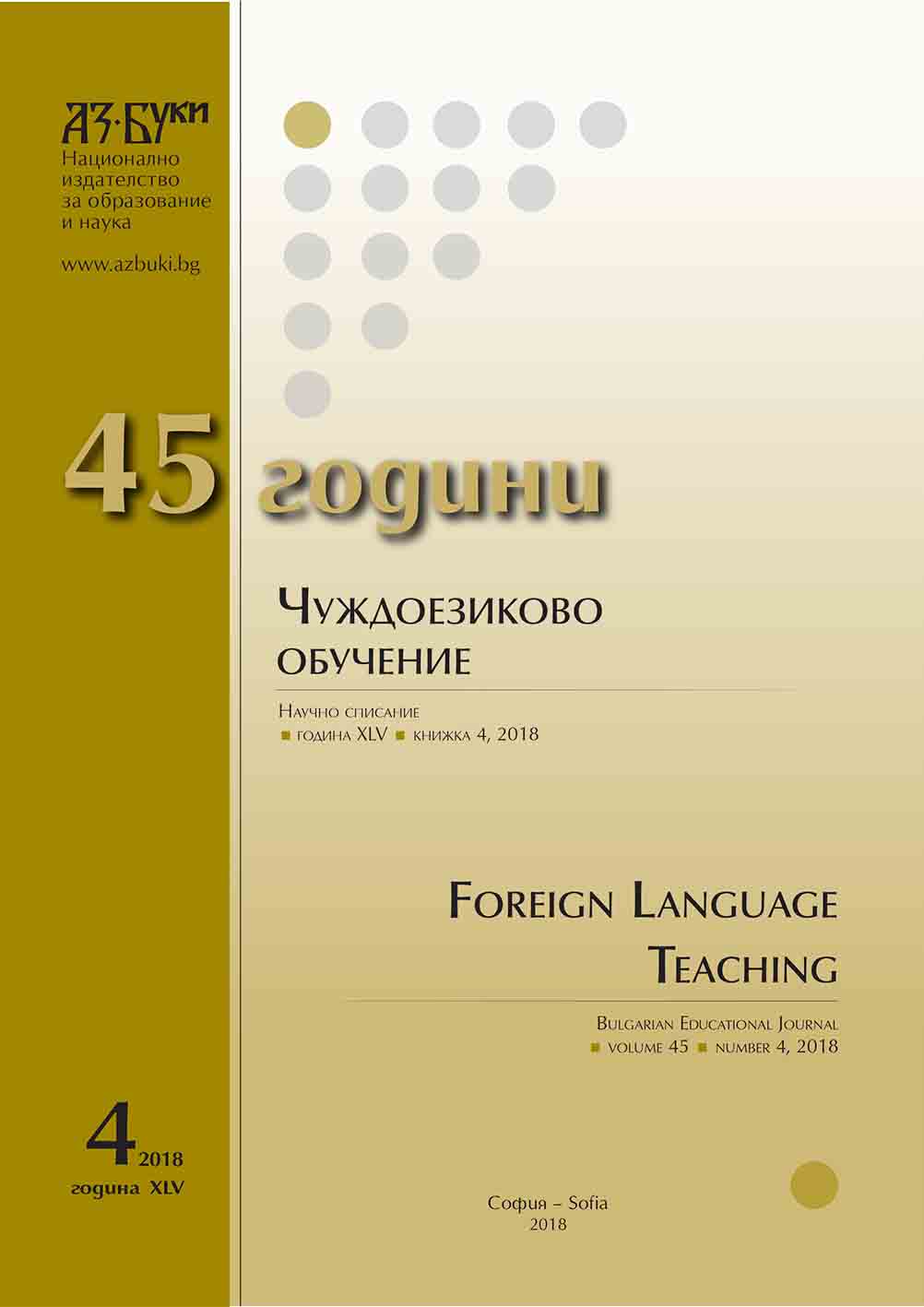
The X International Qualification School “Modern Pedagogical Technologies in Teaching Russian as a Foreign Language (RFL)” is organized by Varna Free University with the support of the Foundation “Russkiy Mir”.The School is part of the scientific calendar in Bulgaria (2009 – 2018) and since 2011 has become one of Europe’s most famous methodological schools for young Russian teachers. More than 480 teachers have improved their methodological knowledge and skills. Leading European universities send their students to participate in this school. In 2018 the participants represent 14 universities from 10 countries: Brest State University (Belarus), Bucharest University of Economic Studies (Romania), Budapest University (Hungary), Jagiellonian University (Poland), Masaryk University (Czech Republic), Pedagogical University of Cracow (Poland), Plovdiv University (Bulgaria), Russian State Pedagogical University (Russia), Samtskhe-Javakheti State University (Georgia), Sofia University (Bulgaria), University of Milan (Italy), University of Belgrade (Serbia), Shumen University (Bulgaria) and Varna Free University (Bulgaria).
More...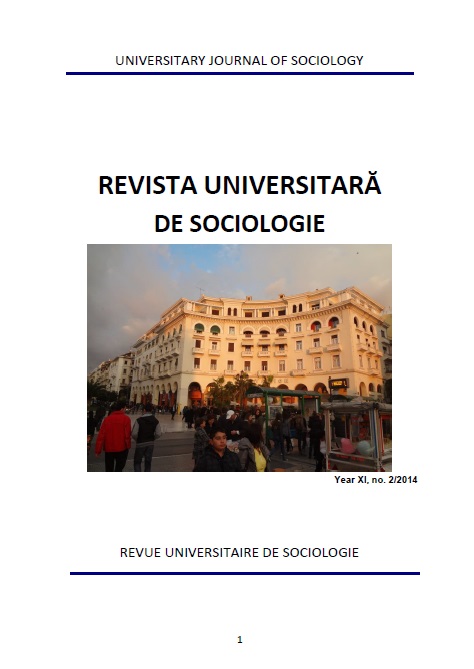
This study brings into focus some thematic programs where Romanian spirituality is present in the Romanian language program of Vatican Radio during the years 1969-1970. Much of the lectures are supported by Monsignor Octavian Bârlea, priest Flavius Popan or teacher Mircea Popescu. The themes are current, meditative, and full of spiritual meanings.
More...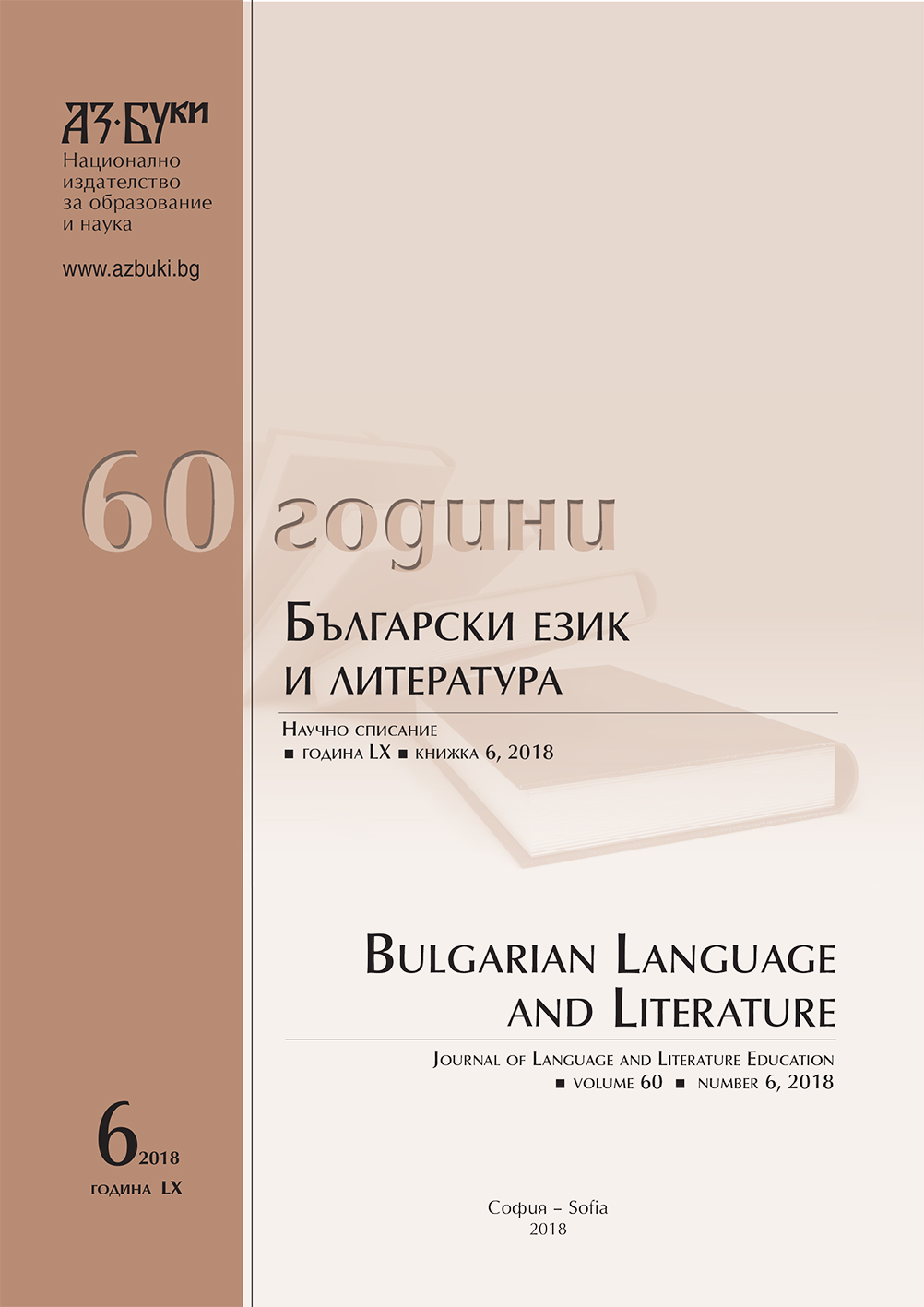
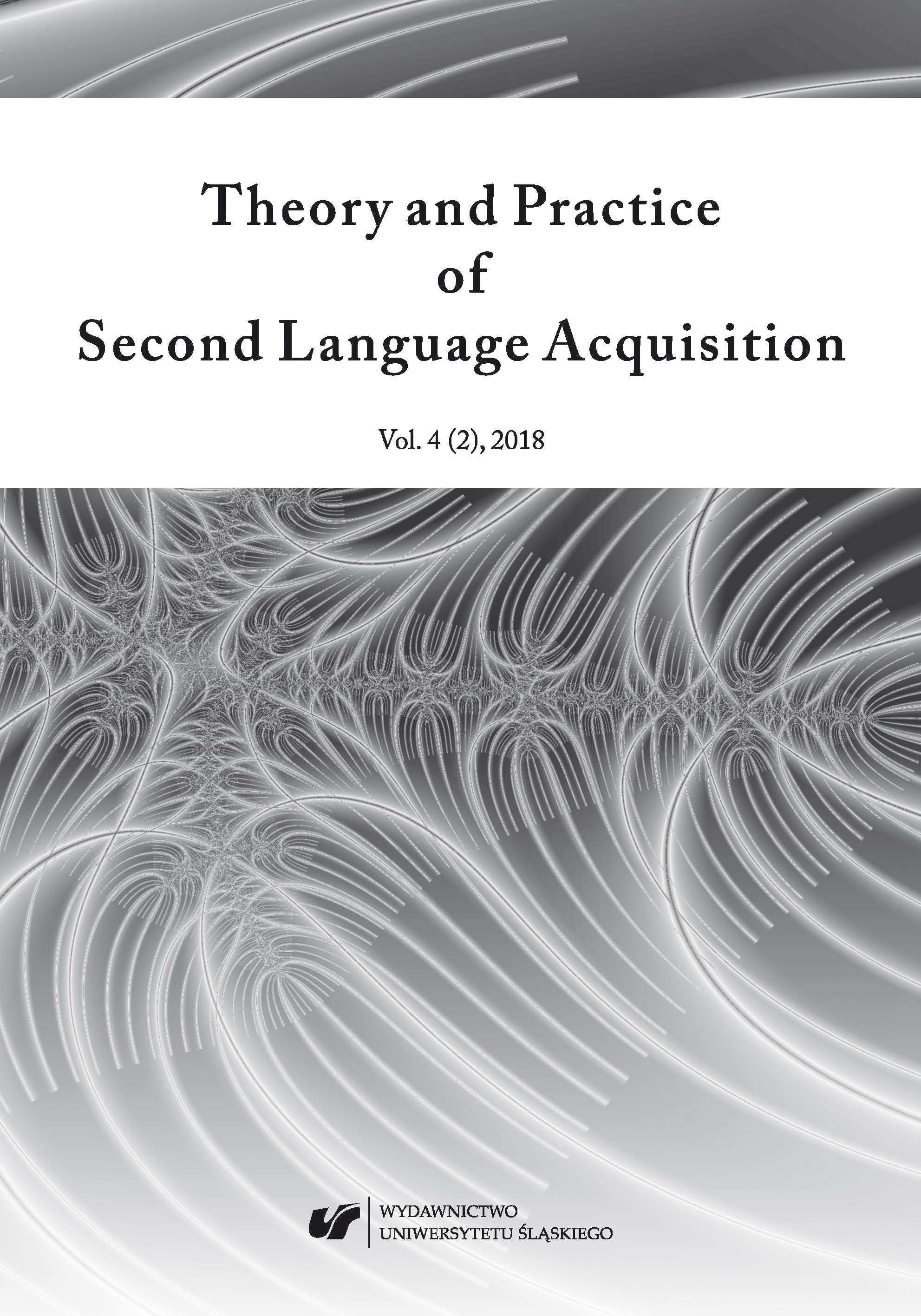
In this paper, we discuss the notion of Positive Language Education (PLE), which stems from a combination of Positive Education and Language Education. We suggest that there are good reasons for language educators to engage in enhancing 21st-century skills alongside the promotion of linguistic skills. One key set of 21st-century competences that would have academic and non-academic benefits are those which promote wellbeing. Wellbeing is indeed the foundation for effective learning and a good life more generally. Drawing on ideas from Content and Integrated Language Learning and Positive Education, PLE involves integrating non-linguistic and linguistic aims in sustainable ways which do not compromise the development of either skill set, or overburden educators. We believe that there are strong foundations on which to build a framework of PLE. Firstly, many language teachers already promote many wellbeing competences, in order to facilitate language learning. There is also a growing body of research on positive psychology (PP) in Second Language Acquisition on which further empirical work with PLE interventions can be developed. Building on the theoretical arguments put forward in this paper, we call for an empirically validated framework of PLE, which can be implemented in diverse cultural and linguistic settings.
More...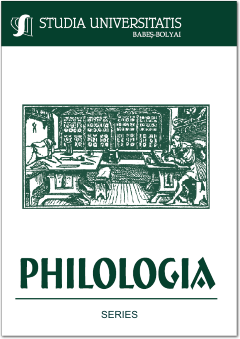
Language policies in Norway and the development of the multilingual competence. Norway, an increasingly multicultural society, has acknowledged through its language policies the importance of communicating effectively across diverse cultural and linguistic contexts. This paper intends to provide a broader picture of the Norwegian education system and the changes it has undergone in order to accommodate to technological advancements and the internationalization of education. In addition, the development of the intercultural communicative competence has become a prerequisite in Norway’s multicultural and multilingual society characterized by increased mobility. Therefore, Norway’s educational landscape and educational policies needed to accommodate these changes and transfer the acquired knowledge into clear pedagogical aims.
More...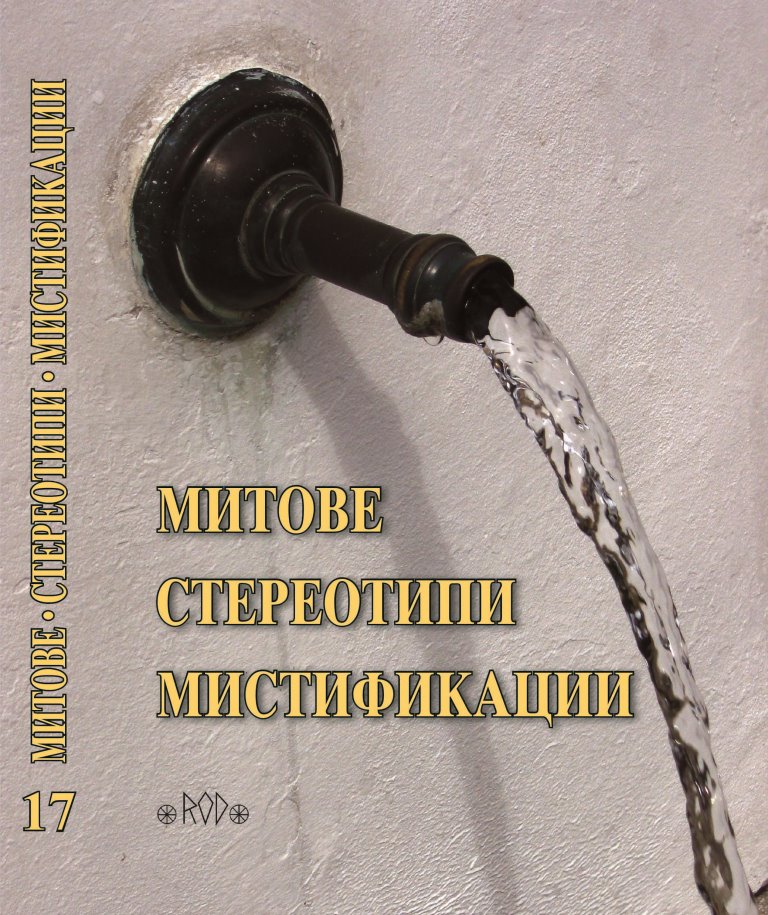
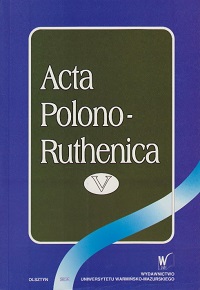


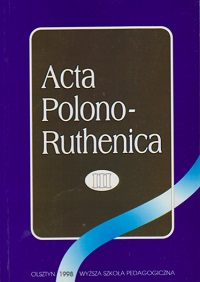

The rise of an original Indian detective novel can be dated back to the 1950s. Like its European predecessor, the genre was initially considered strictly popular; books were sold at railway stations as cheap reading matter for commuters. During the Sixties, however, thanks to the rising importance of the middle class, detective novels became increasingly popular. For years the detective genre had been on the wane and it was only in the first decade of the 21st century that new detective and noir stories appeared.
More...